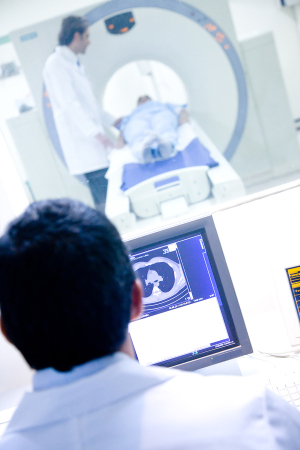by
Lauren Dubinsky, Senior Reporter | March 26, 2015
Most emergency room physicians order unnecessary MRI and CT tests in order to err on the side of caution, according to a new study published in the journal Academic Emergency Medicine.
Dr. Hemal Kanzaria, lead author of the study and emergency physician at the University of California, Los Angeles (UCLA) and his fellow researchers surveyed 435 emergency room physicians — 68 percent were board-certified and about half resided in academic emergency departments.
They found that 85 percent of them think that too many diagnostic exams are ordered in their EDs, and 97 percent reported that at least some of the advanced imaging exams they order are medically unnecessary. The main reason they order unnecessary tests is because they are afraid of missing a low-probability diagnosis and getting hit with a lawsuit.



Ad Statistics
Times Displayed: 75267
Times Visited: 5317 MIT labs, experts in Multi-Vendor component level repair of: MRI Coils, RF amplifiers, Gradient Amplifiers Contrast Media Injectors. System repairs, sub-assembly repairs, component level repairs, refurbish/calibrate. info@mitlabsusa.com/+1 (305) 470-8013
In order to curb this problem, 79 percent of the physicians believe there needs to be malpractice reform, 70 percent cited more patient involvement through education, 56 percent said shared decision-making, 55 percent want feedback on test-ordering metrics and 50 percent believe better educating physicians on diagnostic testing is the answer.
However, a study conducted by UCLA and RAND Corporation and published in the New England Journal of Medicine on October 16 found that malpractice reform laws had no effect on the use of imaging. The researchers looked at 3.8 million Medicare patient records from 1,116 hospital emergency departments in Georgia, Texas and South Carolina from 1997 and 2011, and compared care before and after reform.
“This study suggests that even when the risk of being sued for malpractice decreases, the path of least resistance still may favor resource-intensive care, at least in hospital emergency departments,” Dr. Daniel Waxman, the study’s lead author and an emergency physician at the David Geffen School of Medicine at UCLA, said in a statement.

